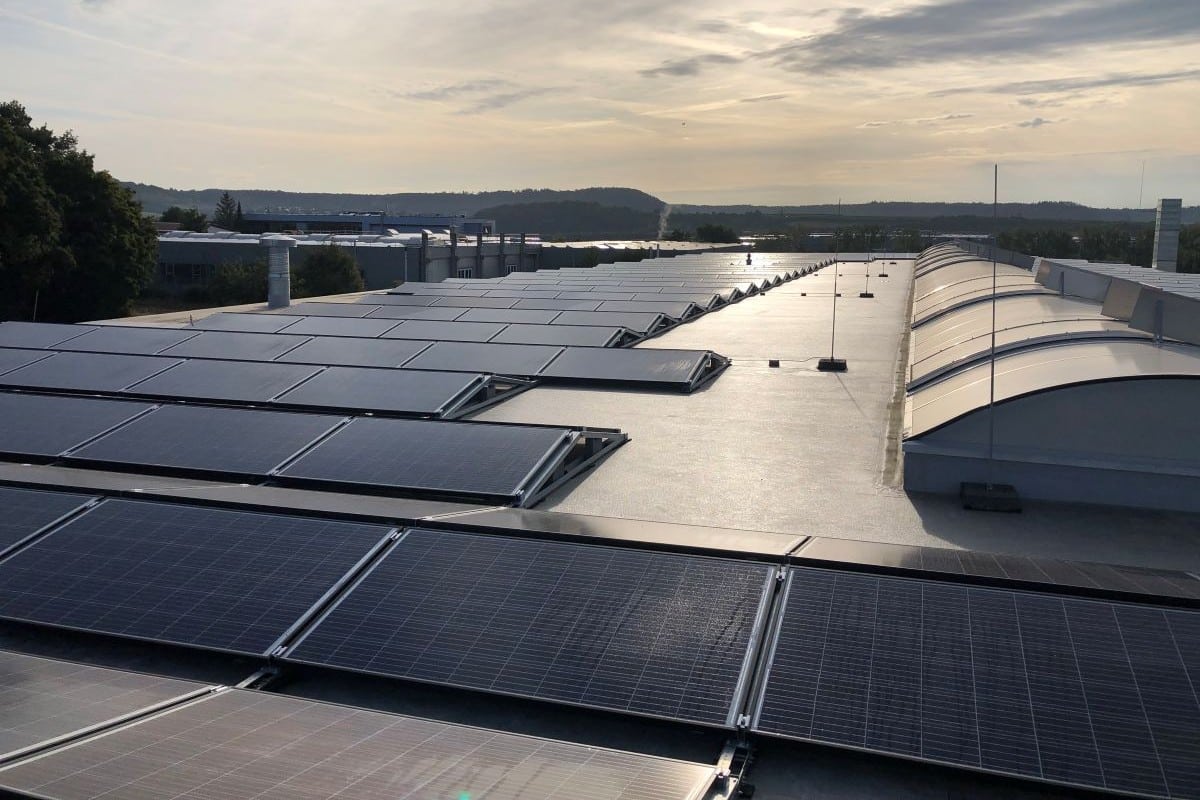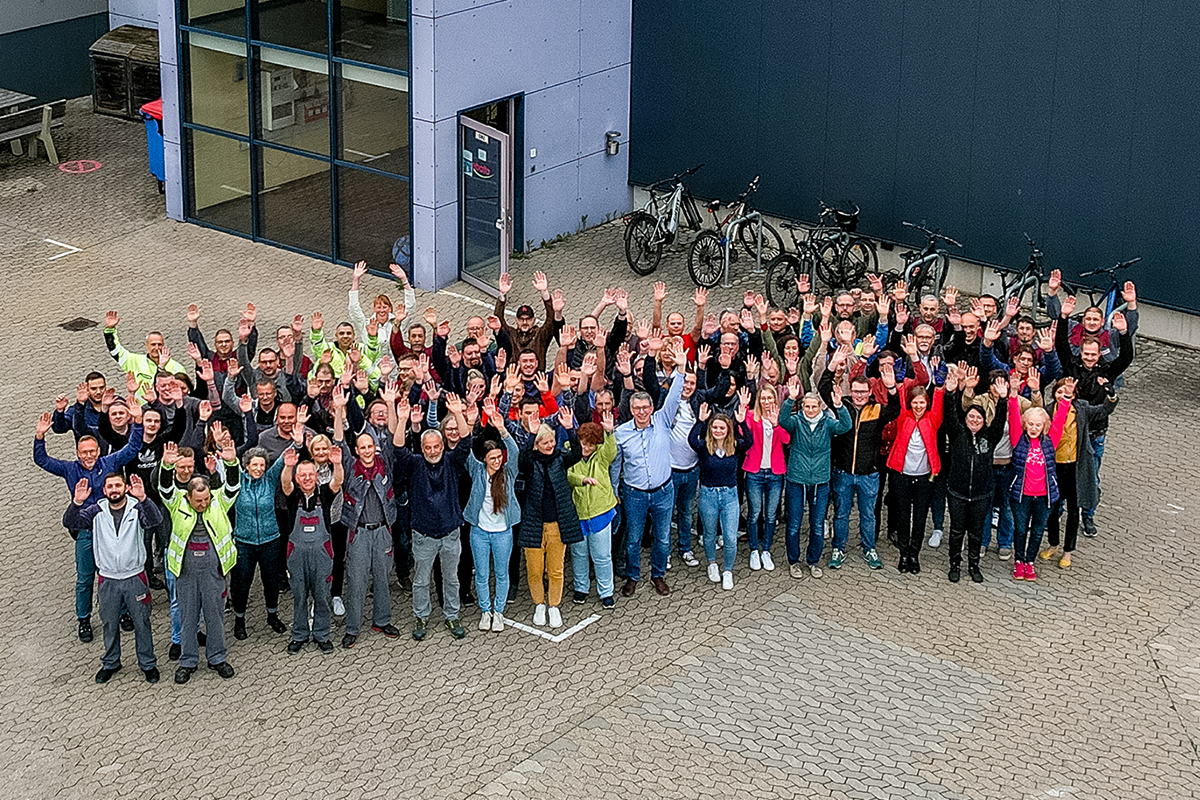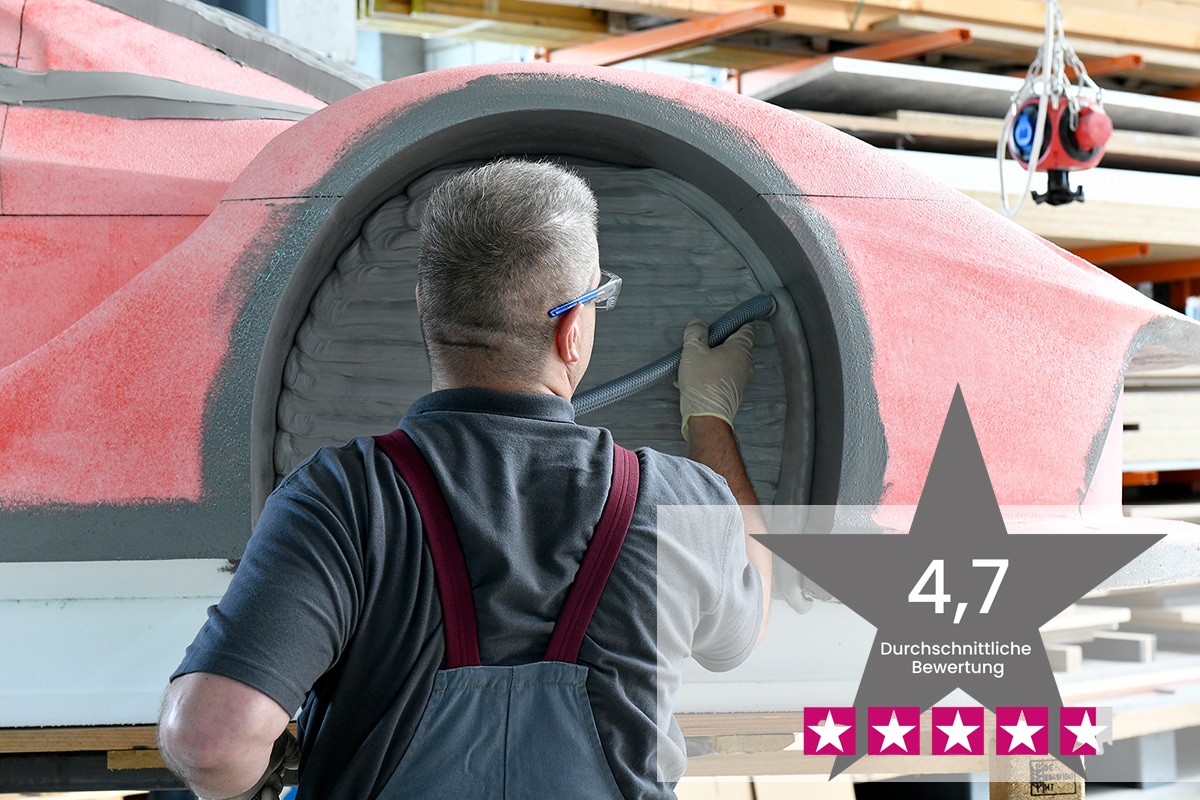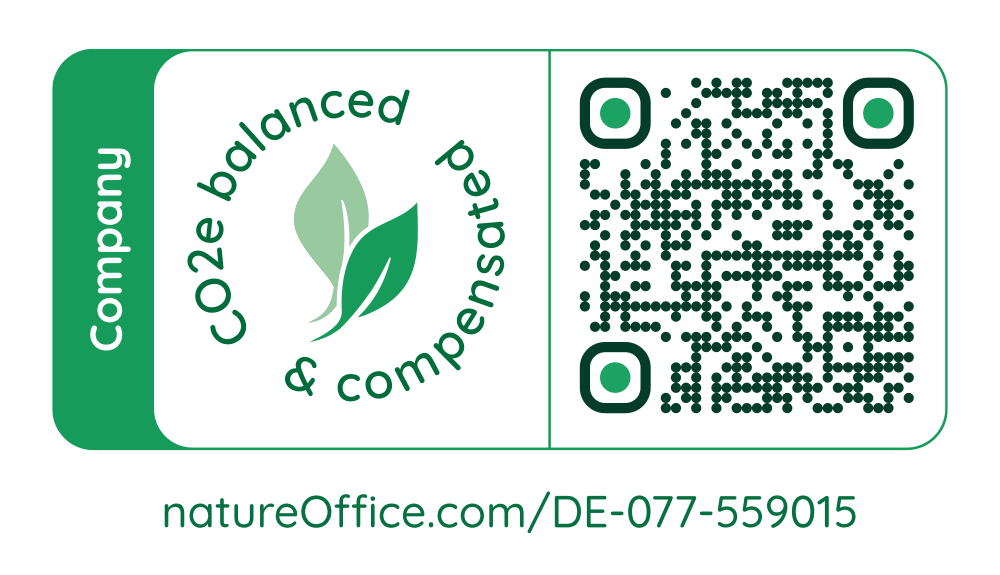ebalta compensates CO2 emissions for 2022
“We don’t want to just talk about climate protection and wait for politicians to do something at some point: we want to make our contribution now,” emphasises Andre Neutzler, Managing Director of ebalta Kunststoff GmbH. For this reason, the plastics manufacturer has been certified as a climate-neutral company since January 2021. “For this, we determine our corporate carbon footprint in cooperation with the Wiesbaden-based company natureOffice,” explains Oliver Keß, who accompanies and designs the project as Environmental Management Officer. “This serves to identify the largest sources of emissions within the company and along the upstream and downstream stages of the value chain.” Based on this data, targets and measures are then set to reduce the company’s CO2 emissions ever further. Last year, ebalta generated 430 t of CO2 equivalents, which have now recently been financially offset by support for the natural forest reforestation climate project in Togo.
“Compensation payments for CO2 emissions are definitely not the last word in wisdom,” says Andre Neutzler. “What we would prefer is to simply stop producing CO2. But of course that’s illusory at the moment, so we’re building on continuous reduction on the one hand and financial compensation for global climate protection projects on the other.”
Strategic approach
ebalta approaches the complex topic of climate neutrality strategically, because those responsible know that it takes a lot of staying power. “At the moment we are able to measure the CO2 emissions we produce ourselves,” explains Oliver Keß. “This knowledge is already an important basis. With numerous measures, we have already been able to reduce emissions by half since 2020.” Simple measures such as switching to green electricity or installing a photovoltaic system have already contributed to the reduction. But this also includes increasing the share of renewable raw materials in plastic production or recycling. “The biggest source of emissions, however, which we have not yet been able to capture at all, is the release of climate-damaging gases generated by our upstream and downstream supply chain,” says Oliver Keß. “But we are already in talks with our most important suppliers to initiate movements here as well.”
“We’re staying on top of the issue and that’s why it’s also anchored in our corporate strategy,” Andre Neutzler concludes. “It is arduous and takes a lot of time to pursue this goal, but we are convinced: It is worth it! After all, it’s about the future of our planet, and ultimately also about our continued existence as a company in this future.”

Environmental Office Manager Oliver Kess and CEO Andre Neutzler









